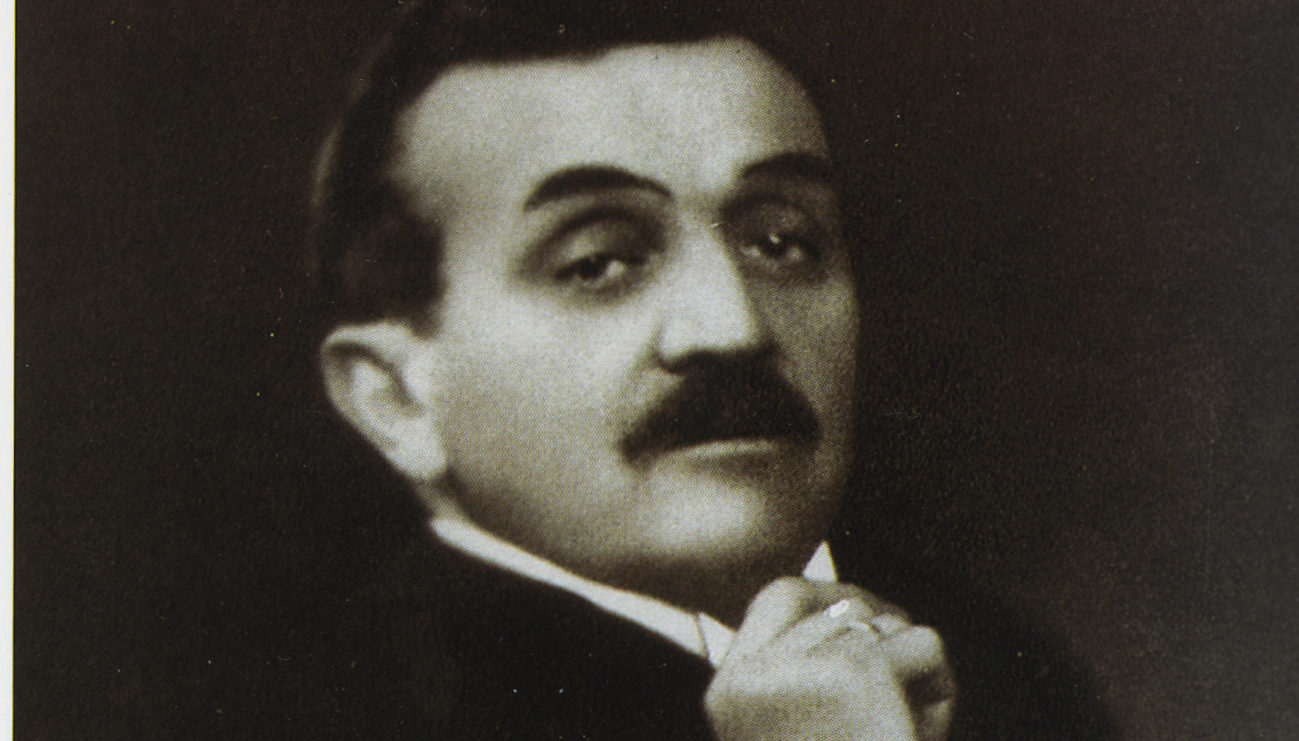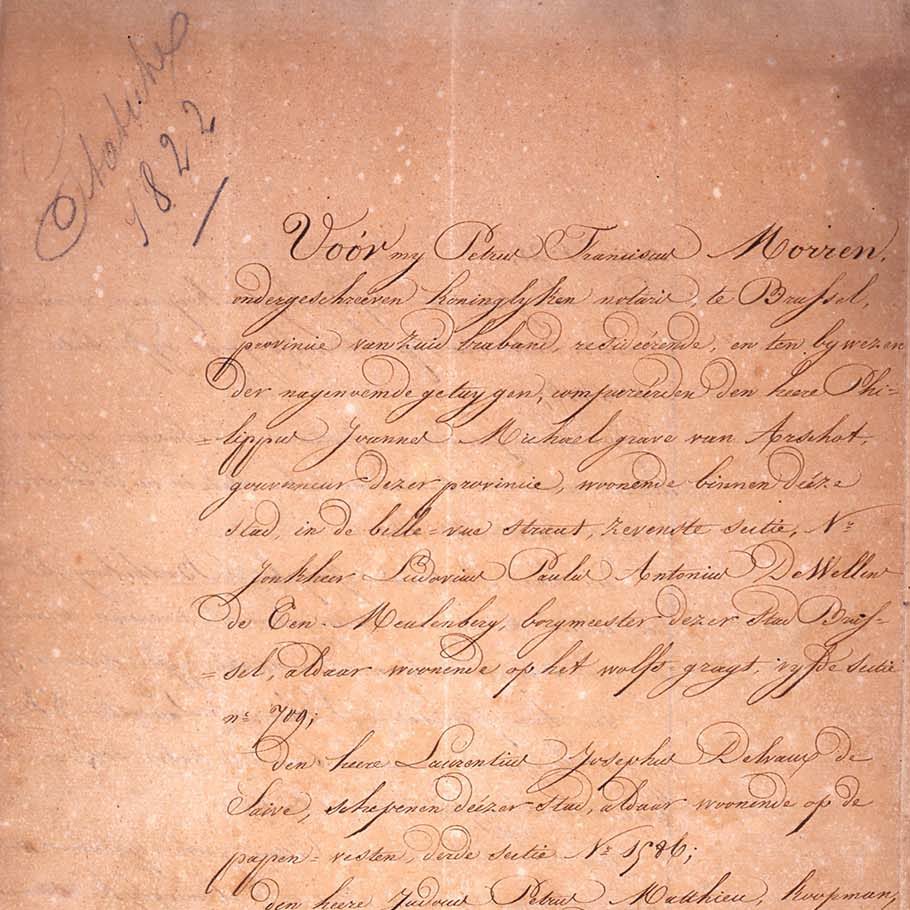Thyl Ulenspiegel author wields his pen at the bank

A renowned Belgian French-language writer who delighted his readers with the character Thyl Ulenspiegel, Charles De Coster was for a time an employee of Société Générale de Belgique.
A general clerical assistant with fine handwriting
De Coster was born in 1827. His Flemish father died when he was just seven years old but his mother, a linen-maid of French-speaking Walloon extraction, was determined to see him rise in society. He had just turned seventeen when she found an opening for him as a ‘general clerical assistant’ at Société Générale de Belgique, a forerunner bank of BNP Paribas Fortis. He received no salary but worked on a ‘probationary’ basis, awaiting promotion to a formal, salaried position. In early 1846, his manager succeeded in obtaining a bonus of 400 francs for him. “This young man has fine handwriting, is highly intelligent and he deserves some encouragement. His mother is a widow and she will have to find someone to serve in the militia in his place this year,” he wrote to his superiors. Shortly afterwards, Charles became a ‘clerk 3rd class’ with an annual salary of 500 francs.
Young De Coster’s job was dry and boring. Working in the bank’s State Cashier’s Department, he spent the entire day entering in a ledger payments carried out on behalf of the Belgian government. However he had already found an outlet for his energies in creative writing. In September 1847 he founded the Société des Joyeux, a group of friends who were interested in the artistic life. It was to this gathering that he read out his first compositions.
By 1850 he had finally had enough of bank work and on 23 November of that year he resigned. His letter of resignation refers to the “scant rewards” that his “dedication and accurate work” had brought him. Since 1846 he had not received any further promotion and he no longer held out any expectations from a “career as an employee”. In a final settlement, the bank awarded him a bonus of 300 francs.
The dream becomes reality
Charles De Coster then entered the Free University of Brussels. He left five years later having barely scraped through his examinations for a bachelor degree in Literature and Philosophy. He then embarked upon a journalistic career, writing nonconformist and anti-clerical articles and taking a stance as an ardent defender of liberty. However his first published works brought him neither glory nor financial rewards and he was forced time and again to take menial work in order to live. Then finally, in 1867, appeared the picaresque novel that would bring him lasting fame. The Legend of Ulenspiegel and Lamme Goedzak, and their Adventures Heroical, Joyous and Glorious in the Land of Flanders and Elsewhere ensured that the name Charles De Coster became known all around the world. His dream had at last come true.








